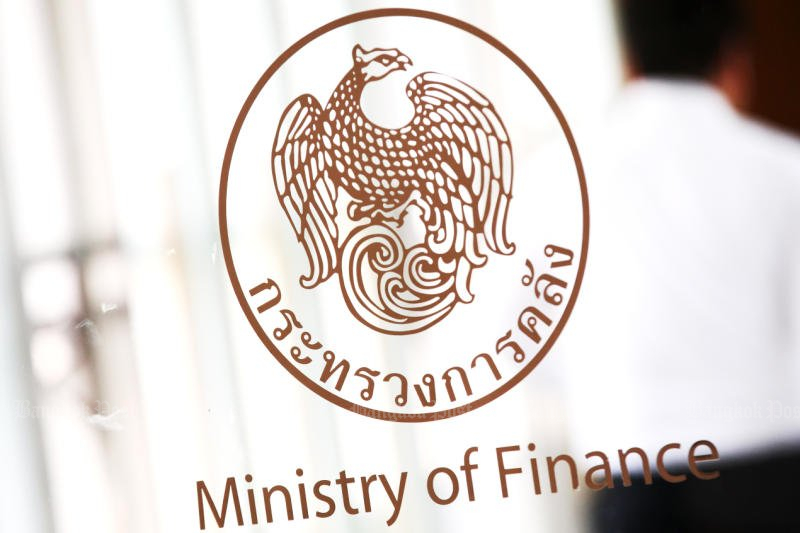
The Finance Ministry will seek the government's approval to invoke the powerful Section 44 of the interim charter to push the enforcement of a startup law as a tool to temporarily bypass laws considered stumbling blocks.
Startups face legal hurdles to their development. Enacting the startup law will let these entities grow and operate in a more conducive legal environment, said finance permanent secretary Somchai Sujjapongse.
Uber's operations, for example, breach the Motor Vehicle Act, which forbids ride-sharing via smartphone apps, he said.
The laws as written refer only to private, public and service vehicles, rather than to ride-sharing vehicles.
Mr Somchai said only fintech, insuretech, financial institutions and insurers are allowed to test their financial technology innovation in the regulatory sandbox, but the bill on startups could open opportunities for non-financial and insurance companies to take part.
The startup law will provide temporary bypass rights for startups, enabling them to clear legal obstacles until the laws related to them are completely amended, he said.
The drafting process of the bill on startups is expected to be completed by next month to seek approval from a committee on national startups before it is enacted this year.
Mr Somchai said the bill will clearly state the definition of startups, the government's incentives to support them and the types of startup businesses that can operate in Thailand. The law will comply with not only local but also foreign startups.
In another development, Mr Somchai said the Commerce Ministry will propose amending the Civil and Commercial Code on many issues, including the Employee Stock Ownership Plan, to pave the way for startups to seek a listing on the stock market and the formation of a fund-raising platform for startups.
The Stock Exchange of Thailand recently said it would launch a fund-raising platform for startups called Live, in response to instructions from Deputy Prime Minister Somkid Jatusripitak, who said the SET should consider offering a venue for startup fund-raising and venture capital exits.
With the platform, the SET will have a complete process to support startups, from seed money to exit.
The SET is also seeking approval from the Finance Ministry to waive capital gains tax for 10 years for investors who put money into Live, in order to draw them to the market.